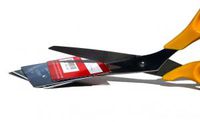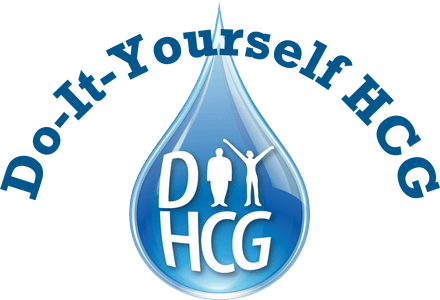8 Easy Ways to Get Out of Debt

Living with major debt is one of the most stressful lifestyles possible. A life of too much debt can be a risk-filled life as well. Often, owing money means that you don't have enough for the important things – medical expenses, children's education, retirement, an emergency fund and so on. You need to do everything you can to get out of debt.
Getting out of debt is a messy business. You need to get out of your comfort zone and do things that you aren't used to doing. With a new frame of mind, breaking old habits and learning new ones can be an invigorating, life-affirming experience. As tough as it can be, you'll have fun. Follow these eight steps to get out of debt this year.
Make a detailed debt list
Your first move should be to know where you stand. You need to open your account on the website of each one of your creditors and write down what you owe, together with the interest rate and your monthly minimum payments. Once you have a list of all your debts and your monthly obligations, you should add them up and let it sink in.
Set manageable short-term goals for yourself
Breaking up a difficult end goal into manageable chunks is one of the most powerful ways possible to attain your objectives in life. This approach works very well when you're trying to get out of debt. With small, manageable goals that you can wrap your head around, you'll be in a far better position to take them seriously and manage them on a day-to-day basis.
Work out how much you can realistically contribute towards paying off your debt each month. Then, use simple math to find out how many months it would take you to wipe out your debt. When you have a set time, you will be able to turn every three months into a short-term goal that you can shoot for. Once you have a clear goal to aim for, you will be much more motivated.
Take out a cheap loan
It makes no sense to owe on expensive loans while you have the option of cheaper loans elsewhere. A home equity loan, a 401(k) loan and a life insurance loan can all be far more affordable than a loan owed on a credit card. You can borrow from these cheap sources and pay off all your expensive debt. Then, you can gradually pay back those loans a little at a time each month.
Pay off your most expensive credit first
Not every loan is equally expensive. Some credit cards may charge you as little as 12%, while others charge you twice that. Repay debt starting with the most expensive loans first.
Cut out the luxuries
Not digging yourself into an even bigger hole is one of the biggest things that you can do for your financial health. Swear off your credit cards and put all new purchases on hold. Then, look into cutting out luxuries that will help you save more than $50 a month. From refusing to eat out to using public transportation and cutting back on your heating and air-conditioning bills, there is a lot you can do.
Try to trade in your expensive possessions
If you have an expensive $30,000 car in the driveway, you can possibly trade it in for a $20,000 vehicle. You can use half the money to get a reliable compact car and use the rest of the money to lower your most expensive credit. You can use the same approach with other high ticket possessions – RVs, jet skis, etc.
Find out what else you can sell
If you are deep in debt, it's possible that it's too much shopping that has brought you here. Once you sell your expensive possessions, you can look around the house for anything else that you may sell – anything from unnecessary electronic gadgets to luxury kitchen appliances, clothes, expensive children's toys, furniture and art can all fetch you some funds. There is actually a free app to help people get rid of things that they shouldn't have bought in the first place – it's called Sold.
Find extra work
As long as it takes to repay your debt, it wouldn't be a bad idea to get a second job. Anything that you know how to do, you can do it for money – helping with homework on the internet, teaching someone to play piano and renting out a part of your house, are all good methods to use.
These steps are pretty easy to try; they only tend to feel difficult because they involve changing established habits. When you've mastered new habits, you'll wonder why you ever got into debt in the first place.
